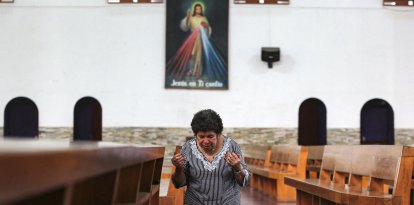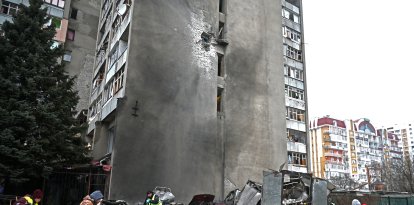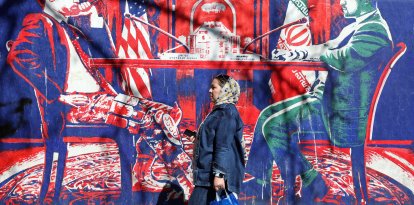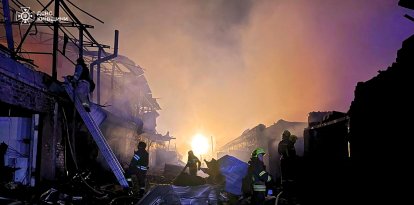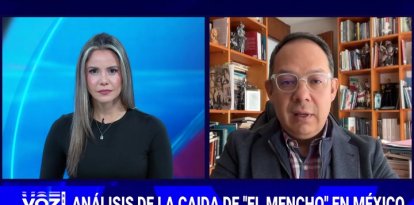Bittersweet right-wing victory in Spain: "A bad result for lovers of freedom"
Although polls predicted an easy victory for the right, the success of the Popular Party was tighter than expected and the left could remain in power.

(Cordon Press / Voz Media)
A heart-stopping night in Spain. After tighter-than-expected first results came in, the right-wing Popular Party (PP) obtained a majority with 136 seats, with 97% of the polling stations reporting. It was, however, a hollow victory since the party fell far short of the 176 needed to govern alone, the much-longed-for result of the PP.
Even worse for the Popular Party: Socialist President Pedro Sanchez could stay in power, having obtained 122 seats. Both Sánchez and the leader of the Popular Party, Alberto Núñez Feijóo, need to reach a pact with other parties to form a government.
But even so, if Feijóo makes a pact with the other major right-wing party, Vox, he would only reach 169 seats, far from 176. On the other hand, if Sánchez comes to an agreement with the other major left-wing party, Sumar, he would achieve 153 seats. If he gets the support of various pro-independence and nationalist parties - nothing new for the president - he could remain in office.
The key now lies in negotiation. Those were the results of a "bad night for lovers of freedom," in the words of Voz Media's director, Mario Noya.
A dizzying day
"These elections are a battle against the left," explained anchor Marián de la Fuente at the start of the special Voz Media and MegaTv broadcast. The journalist assured that many Spaniards have realized how "harmful this ideology is,"
As the night progressed, uncertainty grew in the main right-wing party. Although the preliminary results gave them the anticipated victory, the margin was much smaller than expected.
The director of Voz Media explained during the special broadcast that the percentage of votes obtained by each party did not translate into a proportional amount of seats, due to a system called D'Hondt Law. Therefore, coming in third place, even by a tiny percentage difference, can be "catastrophic."
Noya also pointed out that, despite Sunday's vote, it is still unknown who the Spaniards living abroad have voted for. The number of votes arriving from abroad should be counted five to six days after the elections, when the definitive canvass will occur.
"The number of these votes multiplied, because all Spaniards who can vote received the documents to do so -before it was necessary to ask for them-," Noya maintained. "And where do the majority of the votes come from in these elections? Cuba, Venezuela and Argentina."
An eventful electoral cycle
The first controversy of the elections occurred days before Sunday: the company in charge of allowing Spaniards to vote remotely, called Correos, had to ask the Central Electoral Board to postpone the deadline for the delivery of these ballots.
Some Spaniards received their postal votes later than expected, and others were not even able to vote, although the exact number is unknown. This is because President Sánchez moved up the elections after the electoral debacle he suffered in the local elections in May, so many voters had already planned their summer vacations.
But those who opted to cast their preference by mail were not the only ones who saw their right to vote endangered. Spaniards returning by train from Valencia to Madrid to vote in person found the service suspended due to an incident in a tunnel.
Some Spanish media put the number of people affected at 13,300.
Another early controversy was the censorship denounced by director and producer Carlos Hernando. Hernando accused the Minister of Culture, Miquel Iceta, of preventing him from releasing in theatres The Autocrat, a documentary about the current president.
There was also no shortage of Russian hackers. The group 'NoName057' took down official Spanish websites for several hours. The National Cryptologic Center, a government agency, is investigating the cyber-attacks, which were allegedly distributed denial of service (DDoS) attacks. In the words of the specialist company Akami: "In a distributed denial-of-service (DDoS) attack, an attacker overloads his target with unwanted Internet traffic so that normal traffic does not reach its intended destination."














